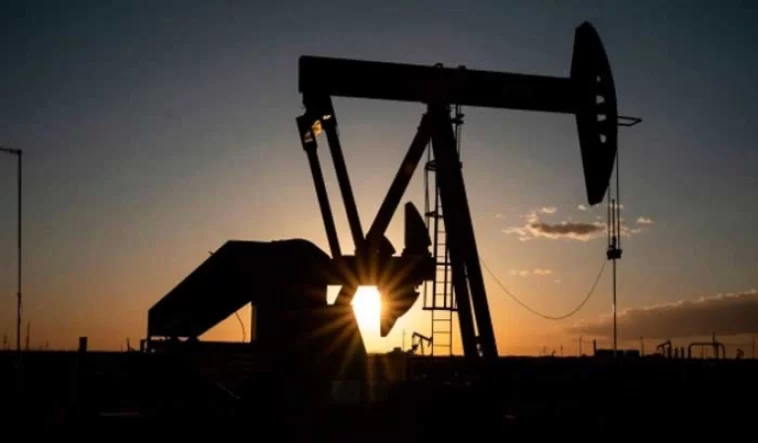The summary of Pakistan’s refining policy 2023 prepared by the Petroleum Division will be discussed by the Cabinet Committee on Energy next week.
According to a copy of the summary provided to The News, granting the incentive tariff protection would result in an increase in the price of both products by Rs3/litre, which could be minimised by making the best use of the white oil pipeline. This increase would be equivalent to incremental custom duty on MS and HSD at rates of 10% and 25%, respectively.
According to the official statement, the government unveiled Petroleum Policy 1997 in October of that year. In 2002, it was changed to remove the minimum guaranteed rate of return of 10% for refineries and replace it with a tariff protection formula that imposes presumed duties of 10% on HSD and 6% on SKO, LDO, and JP-4. Nevertheless, in 2008, the tariff protection was solely applied to HSD and was decreased to 7.5 percent.
The summary noted that “the tariff protection could not draw investment in the industry in the form of new refineries or upgrading of existing refineries and requires to be enhanced.”
According to the summary, the construction of a new refinery involves a significant amount of time and money, for which a policy and alluring incentives must be in place. It stated that this was being finalised and would be presented to the cabinet’s Economic Coordination Committee. After discussions with refineries and government agencies, the essential improvements for existing refineries have been integrated into the strategy.
Five refineries, which have been periodically modified to satisfy the gasoline criteria, were stated to refine both domestically produced crude and crude imported from other countries.
Nonetheless, the government has been requesting that refineries further modernise their facilities by producing fuels that meet Euro-V specifications and minimising the production of furnace oil, which required an estimated $4–$4.5 billion in capital expenditures, according to the summary.
It was said that in order to secure capital, refineries must arrange funding from their own resources, borrow money from local lenders under commercial terms, and strengthen their balance sheets.
In light of their profit/loss position over the last five years, local refineries need the government’s financial support to strengthen their financial position in order to upgrade.
According to the summary, if no action is taken, the local refining industry is in danger of collapsing and shutting down, necessitating the export of the country’s daily crude oil production, which stands at about 70,000 barrels. Yet, importing a variety of petroleum products rather than only crude oil may exacerbate the already severe port congestion.
In addition to making the supply chain for strategic fuels vulnerable and adding to the stress on our balance of payments, it warned that such a situation might deter investment in the oil and gas exploration sector.


